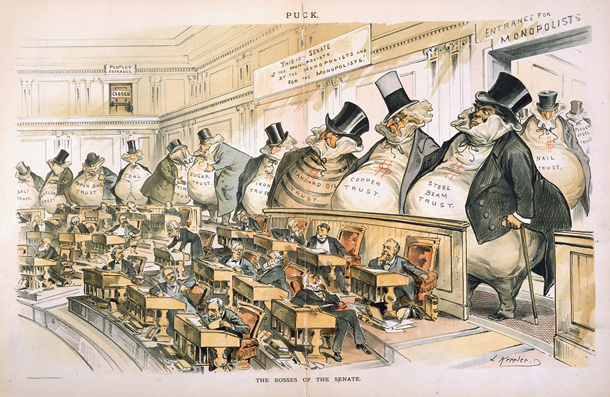Well, well. This from the new, cuddly GCHQ.
Cryptoy is a fun, free, educational app about cryptography, designed by GCHQ for use by secondary school students and their teachers.
The app enables users to understand basic encryption techniques, learn about their history and then have a go at creating their own encoded messages. These can then be shared with friends via social media or more traditional means and the recipients can use the app to try to decipher the messages.
Cryptoy is mainly directed at Key Stage 4 students but can be used by anyone with an interest in learning about or teaching cryptography.
The app was designed by students on an industrial year placement at GCHQ. It was created as part of a project to demonstrate encryption techniques at the Cheltenham Science Festival, and has since been used at several other outreach events. The app was a hit, and GCHQ received interest from teachers who wanted to use it as a teaching aid. Therefore it was decided to make it publicly available.
GCHQ is committed to helping to increase the uptake of STEM (Science, Technology, Engineering and Maths) subjects at schools through its outreach programme and its work with industry and academia. It is also critical that the UK builds a knowledge base of cyber security skills. Learning about encryption and the associated academic disciplines are key parts of both of these.
Android only (for now anyway). Presumably not available to Belgians and officials of the European Commission.


